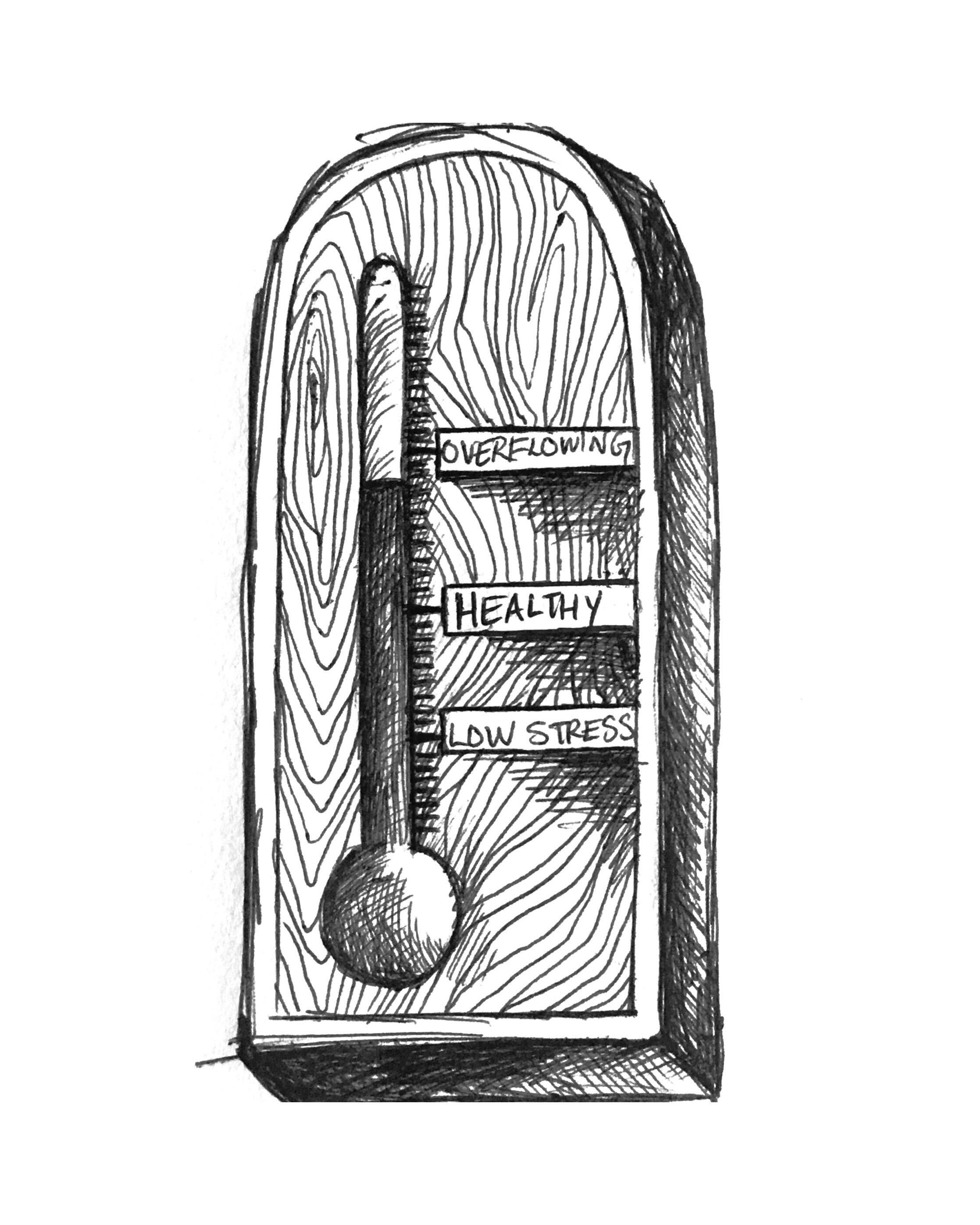Features
Perfectionism: weighing the tradeoffs
By Londa Sniderman ’19
September 15, 2016
Tags features
College students experience a unique set of stressors. Many of us know the pre-exam anxiety all too well and have ground our teeth with guilt about neglecting the gym for two weeks. For perfectionists, however, these familiar stressors take on a new meaning.
Perfectionists tend to hold themselves to impossible standards—or, if not impossible, standards that can only be met with great difficulty. Often, the reward of achieving these standards is negligible compared to the depression that comes with falling short. This focus on avoiding failure is toxic.
Perfectionism strongly correlates with anxiety, eating disorders and other mental health problems, and this makes sense—any branch of life where there’s room for control is fair game for perfectionists to obsess over.
But alas! There’s a fairly simple principle that can help perfectionists curb the exhaustion of unrealistic standard-setting. This principle is the weighing of tradeoffs.
A tradeoff simply refers to the giving up of one thing in return for another. Every time we cram for an exam until 3:00 a.m. instead of getting a good night’s sleep, we trade our health for the desired outcome of a better exam score.
When struggling to decide between attending a social event and spending the afternoon in the library, we face a tradeoff. Understanding the importance of balance in the daily tradeoffs we encounter is a way for perfectionists to find peace of mind while maximizing their productivity.
Picture this: every morning at 9:00 a.m., a Hamilton first-year—Sarah, we’ll call her—has calculus class. Her daily wake-up time is 7:00 a.m. so that she has enough time to review her notes. Sarah allots this time because she believes that any minor mistake is reflective of ill preparation. What Sarah does not understand is that she can maximize her performance by considering this daily tradeoff more carefully. If she wakes up at 7:45, she strikes a balance between sleep and pre-class preparation, maximizing her attentiveness in class.
John, on the other hand, is a junior at Hamilton who holds himself to extremely high standards of physical health and academic achievement. The gym, for John, is a daily mandate. His exercise tendencies not only take away from his homework time, causing him to work late hours into the night but also drain his energy and his alertness. John can still maintain great physical health by switching to a gym schedule of three times a week and devoting the remainder of his time to resting or academics instead.
Finding balance as a college student is essential to that success that is so coveted by perfectionists. Weighing priorities from a realistic standpoint can be difficult, but understanding the notion of tradeoffs is a great place to start.
The next time that you agonize over possible spelling mistakes in an email to a professor or find yourself allotting copious amounts of time to relatively minor priorities, take a minute to consider the opportunities for all-around wellness that you might be sacrificing by not successfully weighing tradeoffs.





